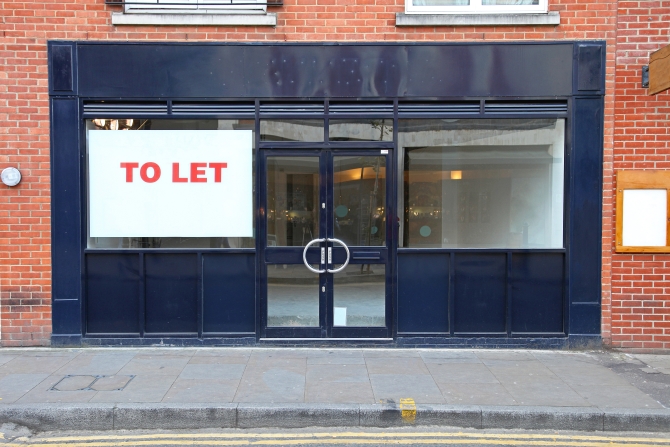Despite recent reports indicating that retail rents are finally showing signs of growth, the sector remains deeply polarised with high vacancy rates still a feature of many regional markets.

However, a new initiative has been launched this week designed to tackle the problem of declining high streets by encouraging more retail start-ups.
The Carnegie UK Trust has launched the TestTown initiative in Cambridge, allowing eight young entrepreneurs to take up retail space within the city centre to test their business ideas.
Along with lifting overall footfall areas in the area, the initiative attempts to provide support for young people wishing to launch a retail business by engaging with the local authority to allow for a relaxation of planning rules for ambitious start-ups.
TestTown programme leader Jim Metcalfe believes that the initiative is necessary in order to showcase the wide variety of retail start-ups in the UK today.
He says; “They will disrupt the local environment and try different ways of doing things.
“If we don’t try something new on the high streets, we will end up with a boarded up Britain.
“They [local authorities] must take away the rules that prevent young people from starting businesses.”
Although TestTown is designed to offer the maximum level of support for the eight participating start-ups, it also has a strong competitive element which should keep each of the new young entrepreneurs on their toes.
Tenants of the eight pop-up spaces throughout Cambridge will have to hone their business skills in order to out-sell the competition, with judges on hand to assess their performances in areas ranging from customer service to profits taken.
In order to acquire initial stock and set up their pop-up shops, each of the eight competitors received a £1,000 funding boost from Carnegie UK Trust, but the ultimate winner will gain £10,000 from the charity as a means of establishing their business in the long term. It is hardly surprising, then, that the competition encouraged more than 450 young people to pitch their ideas in a series of national heats before the final launched in Cambridge.
High Streets minister Penny Mordaunt voiced her enthusiasm for the scheme.
She said; “This competition is a wonderful way of supporting young people who have the get up and go that’s needed to help our high streets to thrive.”
Part of the reason the competition has proved so popular with young entrepreneurs is that it already has a proven track record.
During its pilot phase in Dunfermline last year, the eventual winner generated around £18,000 worth of profit. Furthermore, footfall in the Scottish town centre doubled during the week in which the competition was held, and a total of seven of the eight participating companies continue trading to this day.
Retail rents may be rising in some areas but with very few regional towns in the UK able to boast an occupancy rate of above 75 per cent it’s clear there remains a lot of work to be done.
Do you think initiatives such as TestTown can have a long-term impact on high street vacancy rates or do we need to be looking for alternative uses for empty shops?